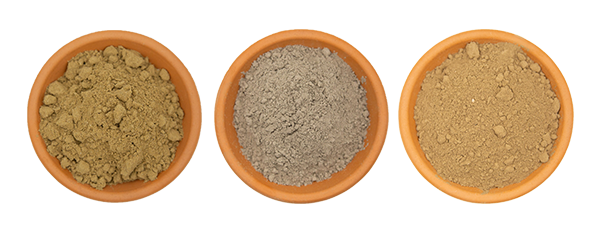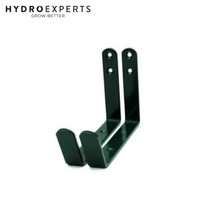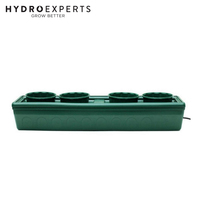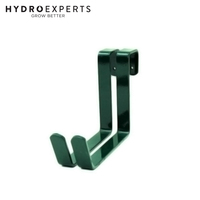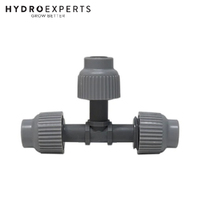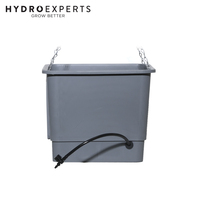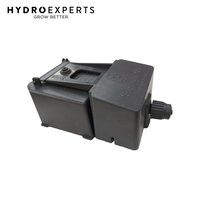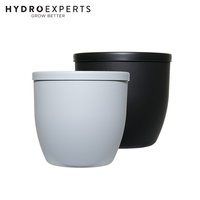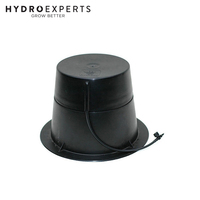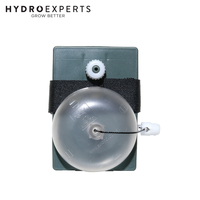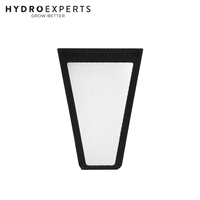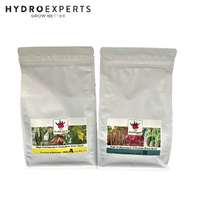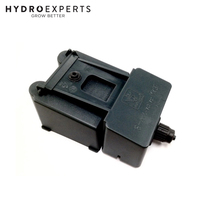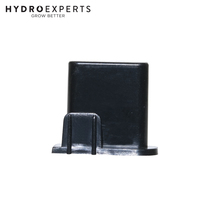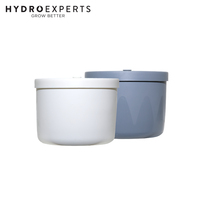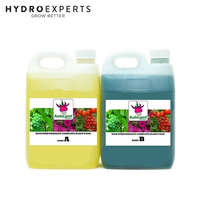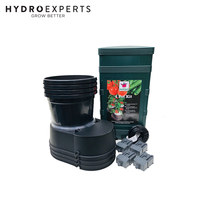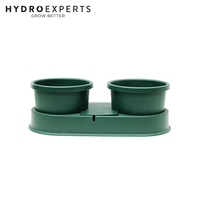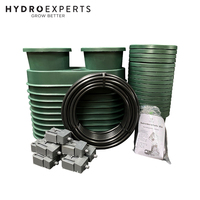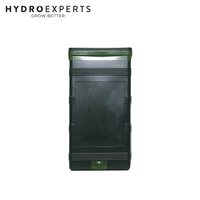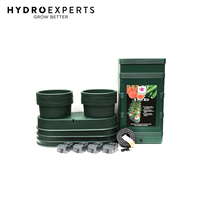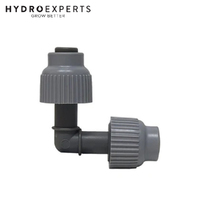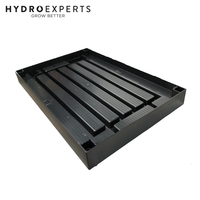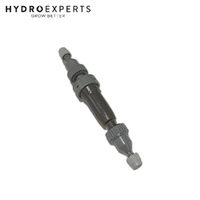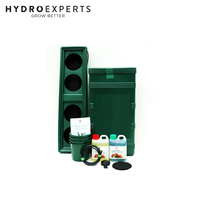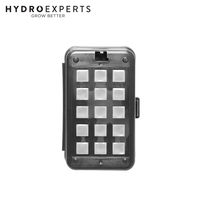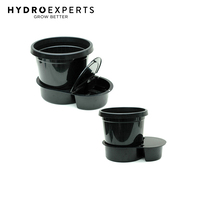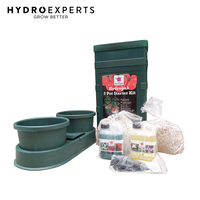Discover the most advanced hydroponic growing systems with Autopot Australia. We offer a wide range of hydroponic products to simplify your grow and maximize yields, including the Autopot Hydrotray Kit, Smart Valve, and window box systems. The Autopot wicking system utilizes a nutrient reservoir and wick to provide an even supply of water and nutrients to your plants. This self-watering hydroponic system minimizes labor while maximizing growth. The Smart Valve controls the flow of nutrient solution from the reservoir to the plant sites based on moisture levels, ensuring optimal hydration and preventing overwatering.
For precise nutrient dosing, we carry both Autopot Liquid Nutrient and Powder Nutrient formulations. The liquid nutrients are premixed and ready to use, while the powder nutrients allow you to customize the nutrient concentration for each grow stage. Both options feature an ideal balance of nitrogen, phosphorus, and potassium to promote healthy, bountiful harvests.
Whether you grow in Autopot Hydrotray Kits, Window Box configurations or another hydroponic setup, our products and experts can help take your crops to the next level. Contact the hydroponics specialists at Hydro Experts today to discuss which Autopot Australia system is right for your operation.
The Five Major Features Unique To AutoPot Systems
-
Water Efficiency: AutoPot® Systems ensure maximum water utilization, as every drop passing through the Smart-valve to the growth container is directly available to the plant. Minimal water wastage occurs only through evaporation from the container's surface. There's no runoff or water recycling involved.
-
Precision Watering: The AutoPot® module, controlled by the Smart-valve, precisely regulates the amount and frequency of water delivery to meet the exact needs of your plants.
-
Non-Dependent on Electricity: AutoPot® Systems can operate via gravity with a tank-fed setup, eliminating the need for electricity or battery-driven devices.
-
Cost-Effective Setup and Maintenance: AutoPot® Systems are budget-friendly both in terms of initial purchase and ongoing maintenance. There's no costly investment in electrical connections, pumps, computers, or extensive piping. Water connections are made using 4mm tubing (optionally 13mm), which is practical and easy to install. These thin tubes can be routed through walls, under paths, across rafters, and more, without the complexity and expense associated with polythene, copper, or galvanized piping. Simple and inexpensive plastic saddle clamps are used to secure the tubing in place.
-
Self-Scheduling: Unlike conventional irrigation, which requires human expertise to schedule watering cycles and often only meets the average plant's needs, the AutoPot® System adapts to your plants' ever-changing requirements year-round, whether it's winter or summer.
Q: How does the Smart-valve operate?
A: Unlike a traditional ball cock float valve, the Smart-valve enables complete depletion of the fluid level before initiating a refill. When connected to a low-pressure water source (which could be sourced from either a pressure-reduced municipal supply, a pressure pump like the AutoPot® Smart Pump Set, or a gravity tank), the Smart-valve opens to allow water to enter the base of the growth container to a predetermined depth (approximately 35mm).
Once the water reaches this depth, the Smart-valve closes and will not allow further water to enter the container until all the initially supplied water has been absorbed by the pot. This absorption is facilitated through capillary action within the growing medium. When the water has been absorbed to the point where the film of water under the Smart-valve is depleted, the Smart-valve reopens, allowing for another supply of water to enter the growing container. Consequently, we achieve a cycle of wet-dry phases determined by the pot's natural consumption rate.

